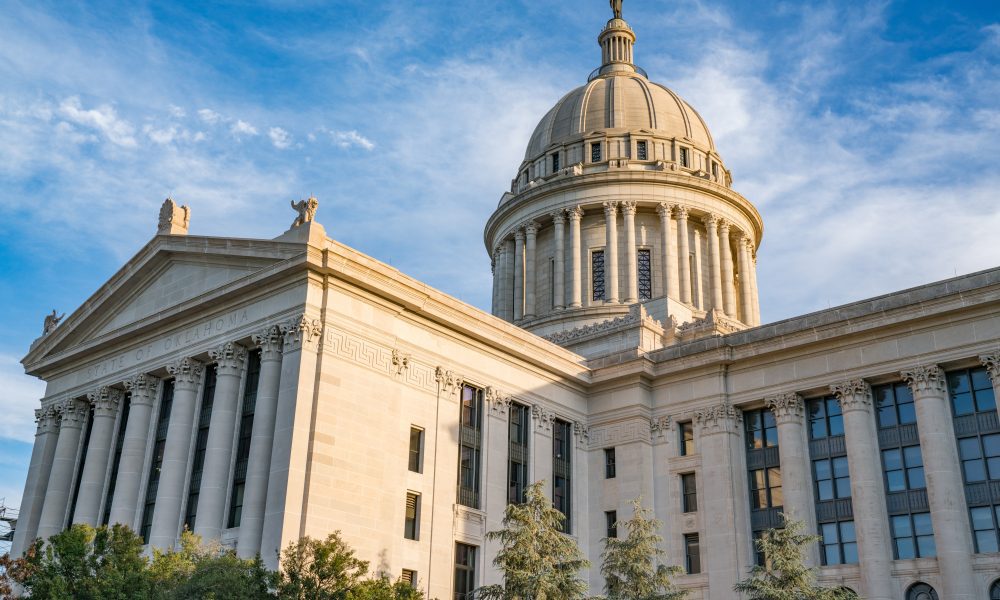Since the U.S. Supreme Court annulled the Professional and Amateur Sports Protection Act and ended Nevada’s near-monopoly on sports betting, 38 states and Washington, D.C., have launched sports betting markets.
Oklahoma is one of the 12 states that haven’t legalized betting, despite being home to 33 tribes that operate more than 140 Indian casino and gaming venues across 50 counties in the state. Why does Oklahoma still share the same status as the strictest states that oppose gambling, like Utah, Texas, Hawaii and Alaska?
Legislators could still be debating how much of the potential revenues will be allocated to the state, how much to the tribes and whether Gov. Kevin Stitt can reach a sustainable agreement with tribal leaders.
Oklahoma law gives Native American tribes exclusivity on gambling in the state. But last year, Stitt voiced his support of sports betting legislation, which passed in the House 66-26. However, despite making it to the Senate Rules Committee in 2023, the bill, HB1027, still sits with the committee to this day.
HB1027, authored by Republican State Rep. Ken Luttrell, grants tribal exclusivity fees of 4 percent on the first $5 million handle each month, 5 percent on the next $5 million and 6 percent on everything above. Luttrell predicted the state would earn around $9.35 million a year, of which 88 percent would go to education and the remaining 12 percent to a general revenue fund.
The bill’s co-sponsor, Republican Sen. Bill Coleman, who is also a member of the rules committee, said to the local press that the chances for the bill to advance out of the committee to the Senate are “very low” until tribal leaders and the governor’s office discuss matters in further detail.
“The governor’s office is well aware of the public demand for this. We have been in contact with some of the governor’s staff … you might say I’ve been working behind the scenes on some of this,” Coleman said, adding that the final bill awaits a long negotiation process. But he still maintains hope for progression, saying that “funny things can happen in this (Capitol) building.”
Many say that the main obstacle to legislation is the ongoing dispute between Stitt, a Cherokee Nation Citizen and tribal leaders.
“I think we’re still stuck. Our members are still willing to have that conversation in a reasonable way. We just need a partner who is willing to work with us,” said Matthew Morgan, chairman of the Oklahoma Indian Gaming Association.



